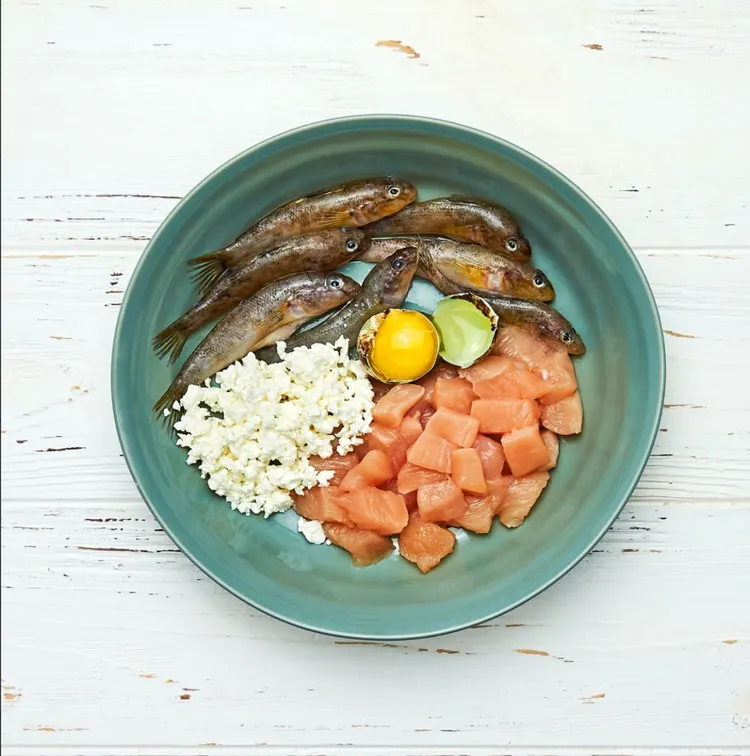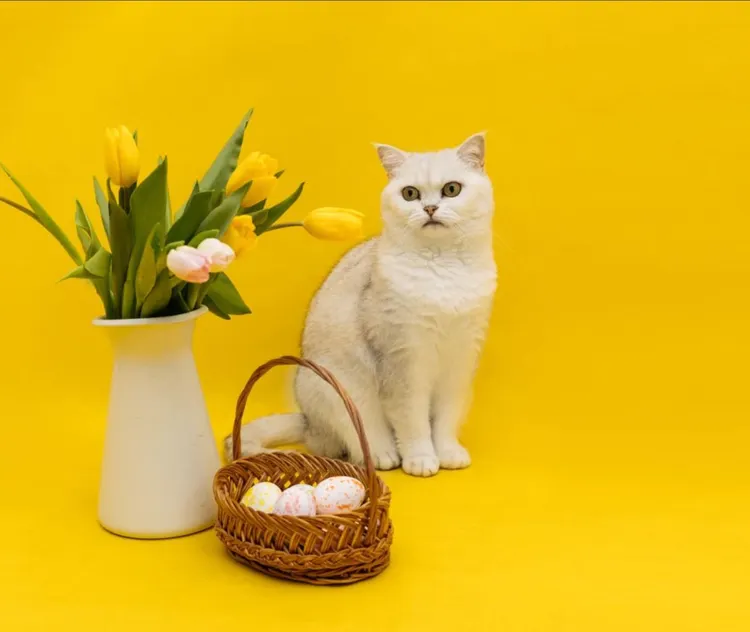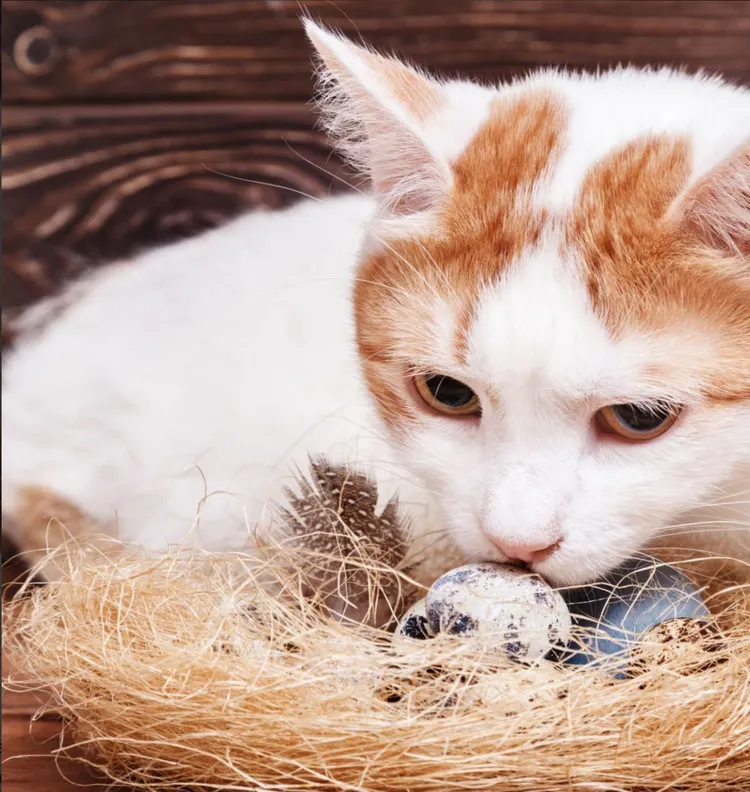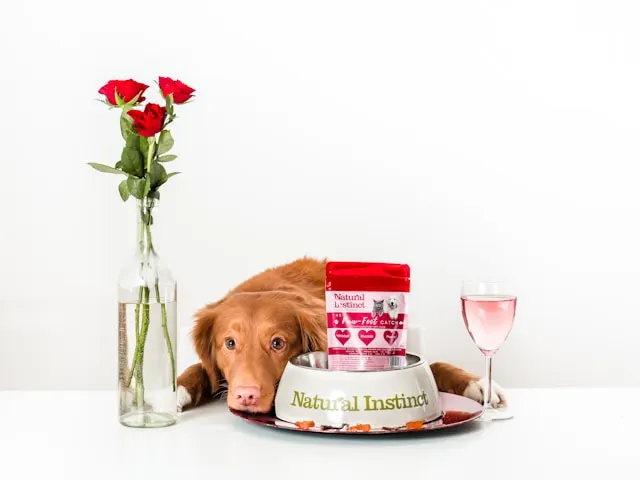When it comes to nourishing your cat, you’re probably always on the lookout for ways to give them a balanced, nutrient-rich diet that they love. Have you ever considered feeding them quail eggs? Though they might seem like an unusual treat, quail eggs pack a punch of nutrients and can be an excellent addition to your cat’s diet. Let’s dive into the benefits of quail eggs for cats, how to introduce them safely, and how to do it all in an eco-friendly manner.
Why Consider Quail Eggs for Cats?
Before we dig into the specifics, it’s essential to understand why quail eggs might be worth considering for your furry friend. Quail eggs are smaller than chicken eggs, but they’re packed with more nutrients per gram. Their compact size and nutrient profile make them an easy and potent addition to your cat’s diet.
Nutritional Benefits of Quail Eggs
- High in Protein: Cats are obligate carnivores, meaning they need protein to thrive. Quail eggs are rich in high-quality protein, which supports muscle development, repair, and overall health in cats.
- Rich in Vitamins: Quail eggs are abundant in essential vitamins like Vitamin B12, B2 (Riboflavin), and Vitamin D. These vitamins help maintain healthy skin, coat, and overall bodily functions. Cats especially benefit from Vitamin D for calcium absorption and bone health.
- Boosted with Minerals: Quail eggs contain minerals like selenium, iron, and phosphorus. These minerals play a crucial role in supporting your cat’s immune system, red blood cell production, and bone structure.
- Omega-3 Fatty Acids: The healthy fats found in quail eggs support brain function, heart health, and skin health in cats. Omega-3 fatty acids also give your kitty’s coat that luxurious shine.
- Lower Allergen Risk: Some cats may have allergic reactions to chicken eggs, especially when consumed in large quantities. Quail eggs, on the other hand, are less likely to trigger food allergies due to their different protein structure, making them a safer option for sensitive felines.
How to Safely Feed Quail Eggs to Your Cat
As with any new food, it’s important to introduce quail eggs to your cat slowly and in moderation. Here’s a quick guide on how to do it safely.
Raw or Cooked: Which is Better?
When it comes to feeding cats eggs, there’s often a debate between raw versus cooked. Raw eggs have some benefits, like preserving all the natural nutrients, but they can also carry risks like salmonella or E. coli. If you choose to feed your cat raw quail eggs, make sure they come from a reputable source where food safety is a priority. However, lightly cooking the eggs can still retain most of the nutrients while minimizing the risk of bacterial infection.
- Raw Quail Eggs: If you’re confident in the quality and source, raw quail eggs are safe for most cats. Always monitor for any signs of digestive upset when feeding raw food.
- Cooked Quail Eggs: You can scramble or boil quail eggs without adding any salt, oil, or seasoning. Make sure they are cooked through to avoid any potential bacteria while still delivering nutritional benefits.
How Much Should You Feed?
Cats don’t need large portions of quail eggs. As a treat, you can give a small portion once or twice a week. For smaller cats, one quail egg per serving is sufficient. If you have a larger breed, like a Maine Coon, you could offer two at a time. Remember that quail eggs should complement their regular diet, not replace it.

Eco-Friendly Quail Egg Practices
If you’re concerned about your environmental impact, you’ll be pleased to know that adding quail eggs to your cat’s diet can be done in an eco-friendly way. Here’s how you can make sustainable choices:
1. Choose Local, Free-Range Quail Eggs
Whenever possible, source locally farmed, free-range quail eggs. These eggs often come from quail raised in humane, ethical conditions, and purchasing from local farms reduces the carbon footprint involved in transportation.
2. Reduce Waste by Using Eggshells
Eggshells are a fantastic source of calcium for cats. Instead of throwing them away, you can crush the eggshells into a fine powder and add a small amount to your cat’s food. The calcium helps maintain strong bones and teeth. Just ensure that the eggshells are thoroughly cleaned and boiled before you grind them into powder to eliminate any bacteria.
3. Support Ethical Farming Practices
Look for farms that prioritize sustainable farming practices. This includes raising quail in natural environments with proper care and minimal use of antibiotics or hormones. Ethical farming reduces environmental impact and ensures that the eggs you buy are of the highest quality.

Eco-Friendly Alternatives to Traditional Dewormers
It’s important to consider how quail eggs fit into a holistic, eco-conscious pet care routine. If you’re already making an effort to feed your cat natural, sustainable treats, why not extend that thinking to other areas of their health, like deworming? Many chemical-based dewormers can harm the environment when disposed of improperly. Consider using natural alternatives, like diatomaceous earth or pumpkin seeds, as part of a green, holistic approach to cat care.
Benefits and Considerations of Feeding Quail Eggs
Before incorporating quail eggs into your cat’s diet, let’s weigh the benefits and some important considerations.
Pros
- Rich in nutrients: Quail eggs offer a powerhouse of vitamins and minerals, supporting your cat’s overall health.
- Convenient: Their small size makes them easy to portion, especially for smaller cats.
- Variety: Quail eggs are a unique protein source, adding some variety to your cat’s diet.
Cons
- Potential for bacterial contamination: Raw eggs may carry bacteria, so always handle them with care and consider lightly cooking them if unsure.
- High cholesterol: Although not a significant issue in moderation, it’s good to be mindful of the cholesterol content in eggs, especially if your cat has health issues.
A Word of Caution: Are Quail Eggs Right for Every Cat?
Though most cats can safely enjoy quail eggs as an occasional treat, it’s always best to check with your vet before introducing new foods. Cats with certain health conditions, such as pancreatitis or egg allergies, may need to avoid eggs altogether. Always monitor your cat for any signs of digestive upset, especially when trying a new food.
Conclusion
Quail eggs can be a nutritious, eco-friendly treat for your cat. Not only do they offer a host of health benefits, but they’re also a sustainable choice when sourced from ethical farms. With a little care, quail eggs can be a great addition to your cat’s diet, providing them with extra protein, vitamins, and minerals in a small, convenient package.
So, next time you’re at the farmer’s market or your local grocery store, grab a dozen quail eggs and treat your feline friend to something new!



